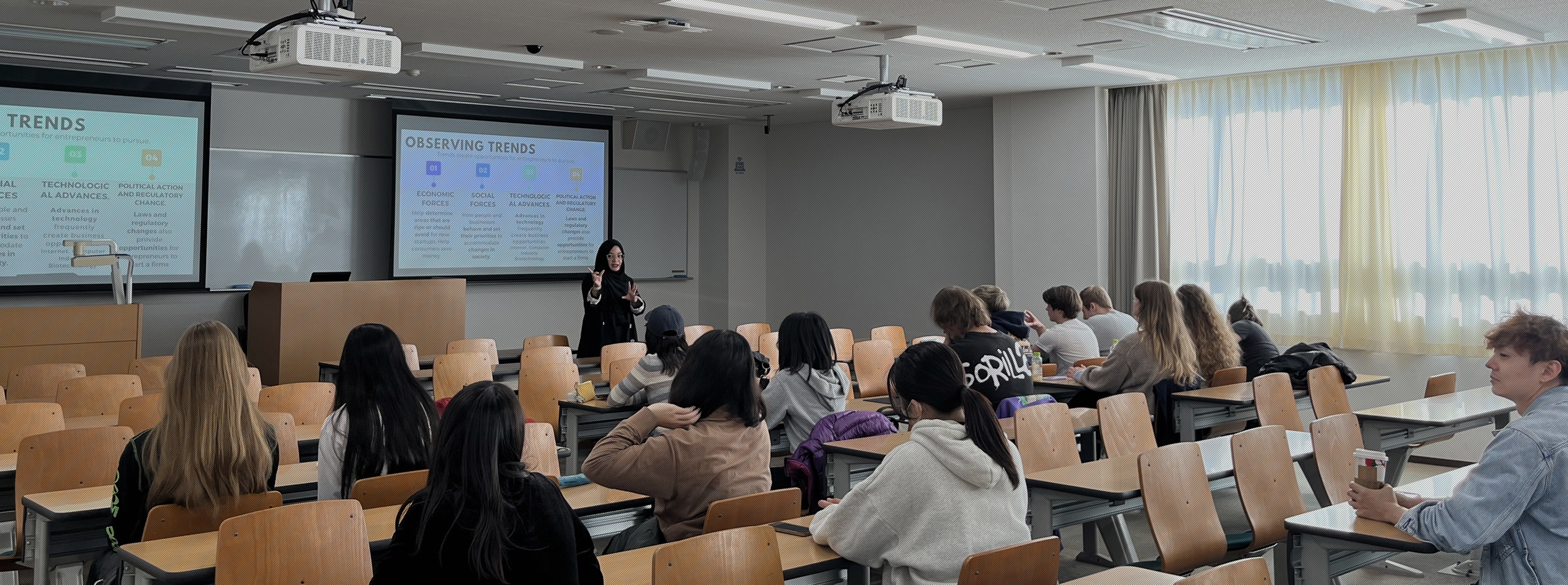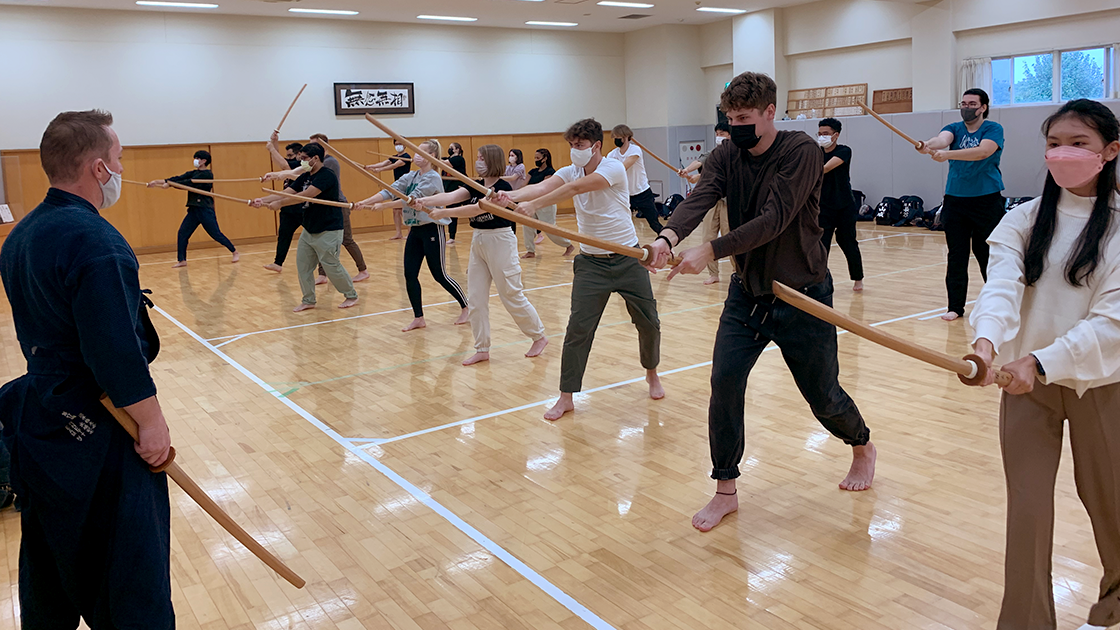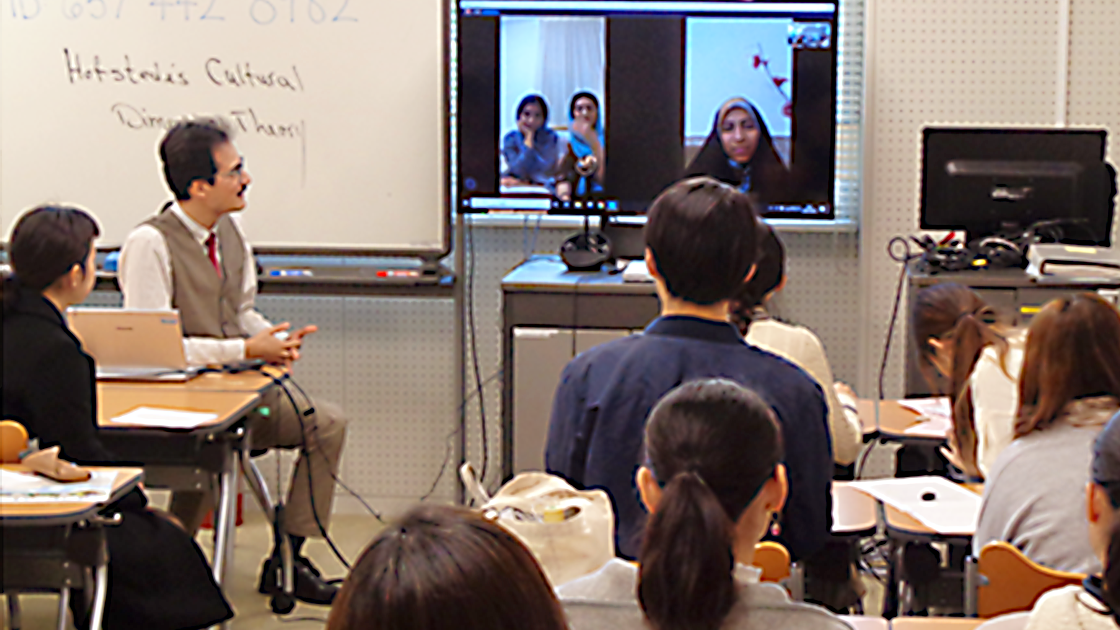

International Education
Program for Next Generation Global Human Resources Development
The International Division offers the following three subject groups as programs for developing human resources who can play an active role in today's globalized society. In addition to courses that enable international and Japanese students to study together in English and cultivate an international mindset, we also offer a number of courses designed for international students to improve Japanese language skills and understanding.
- Common Liberal Arts Courses, Global Course Group (for Japanese and international students)
- International Students Courses (for international students)
- Common Liberal Arts Courses, Social Cooperation Course Group (for Japanese students)


Course Characteristics
(1) Common Liberal Arts Courses, Global Course Group
This is a group of courses designed to cultivate a global perspective and experience. Both Japanese and international students study in English and can develop an international perspective in the classroom.
In addition to the "Global Frontier" courses, which consist of modules in eight specialized fields of study, the Global Courses Group includes "Skill Up for Studying Abroad" courses which help students improve their language skills and prepare for study abroad.
These lectures are given in English and ideal for students who are considering or have completed study abroad. For more information on Global Courses, please see here.
(2) International Students Courses
This is a group of courses for international students. Courses, aimed at improving Japanese language skills, include to learn about Japan, Japanese society and career design.
<included subjects>
- Japanese1~7
- Contemporary Japan(Understanding Japan)
- Contemporary Japan(Researching Japan)
- Contemporary Japan(Japan in Mass MediaI・II)
- Communication in Japanese Society(Business Japanese)
- Communication in Japanese Society(JPN Corporate Culture)
- 日本語I~IV
- 日本事情I~II
- 実践ビジネス日本語I~II
- キャリアデザインI~III
*Courses available differ depending on the status of enrollment, such as regular international student, exchange student, etc.
(3) Common Liberal Arts Courses, Social Cooperation Course Group
There are "Readiness Lectures" to learn basic theories necessary for international cooperation activities, "Practical Training Courses," in which students participate in international cooperation volunteer activities during long holidays, and "Follow-up Lectures" for after participating in volunteer activities are arranged. Please see here for more details about Social Cooperation Course Group.
International Education Support Team
The "International Education Support Team" is established to support the promotion of global education at university.
Staff members with expertise in international education provide consulting services on class design for faculty members and holds FD workshops to improve and enhance class content and methods.
We support the provision of diverse class designs, including support for COIL (Collaborative Online International Learning), which allows students to take classes remotely with students at overseas universities.































